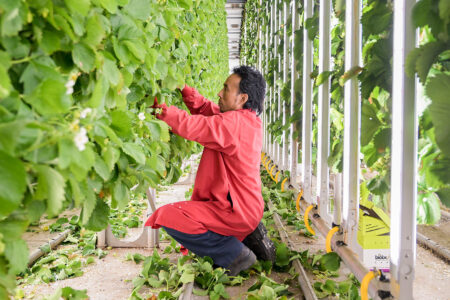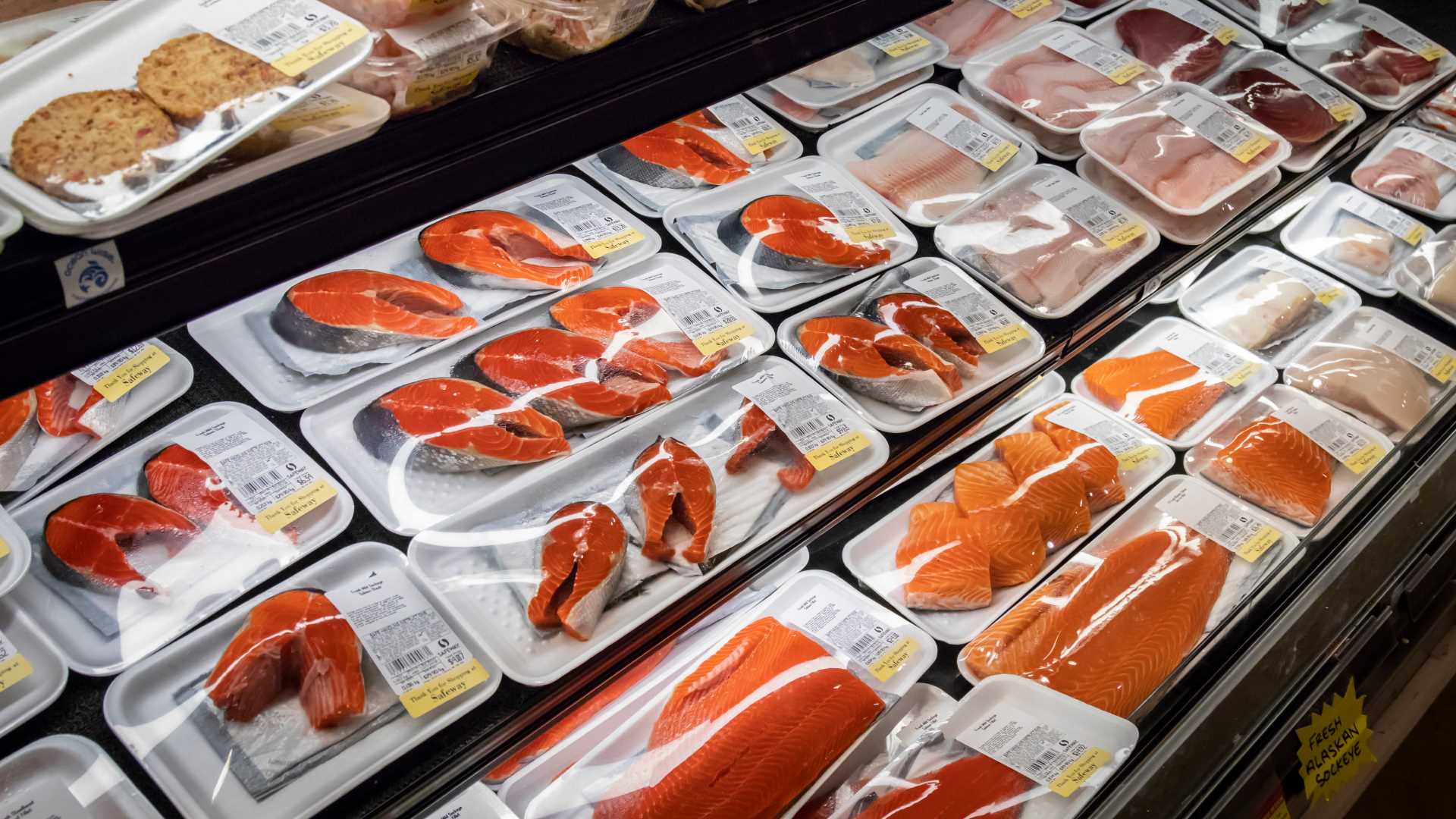
The other day I was in the frozen food department of my local supermarket when I felt my blood pressure spike. I was in a rush, trying to grab something easy and toddler-friendly for dinner. I had settled on fish sticks, but when I opened the freezer door, I was confronted with more options than I had anticipated. In addition to the usual choices (cod, sole, haddock or pollock), there was a veritable ocean of eco-labels and environmental claims. I had to close the freezer door, pull out my phone and search the labels I didn’t recognize. As someone who has researched eco-labels and corporate sustainability claims for over a decade now, I am still routinely stumped by labels I don’t recognize.
Here, then, was the source of my rising blood pressure. I was upset because it shouldn’t be up to me, the consumer, to scrutinize sustainability claims. I lead a busy life. I try as much as possible to buy products that support my values, but sometimes the clock is running and there’s a hungry toddler to feed. When presented with a multitude of labels that all proclaim to be “sustainable,” “responsible,” or “ocean-friendly,” how can I know which one is credible? Why can’t all the products in the grocery store be labelled sustainable by a neutral third party by default? Life would be so much easier.
This idea has been gaining traction in recent years. Major multinational corporations are increasingly committing to working with independent sustainability certifications to ensure that their products are good for both people and the planet. For example, Unilever (the parent company of Lipton Tea), buys around 12 per cent of the world’s black tea every year. Back in 2007, Lipton committed to sourcing 100 per cent of its tea from Rainforest Alliance Certified suppliers. It hit this target in 2015. Unilever’s decision to sell only certified sustainable tea strengthens global demand for sustainable production and takes the burden of ethical responsibility off the shoulders of the consumer.
In seafood, there has been some movement toward exclusively sourcing certified sustainable products among Canadian grocers, but it falls far short of what is required to address the precarious state of global fisheries. Loblaws currently offers the widest range of certified sustainable seafood in Canada, and Metro has committed to sourcing 100 per cent of its private-brand shrimp and salmon to the independent Best Aquaculture Practices (BAP) standard, but it has no such commitment in place for wild-caught products. Among the big grocery chains, only Walmart has committed to exclusively sourcing certified sustainable seafood by 2025, but even its pledge contains loopholes.
The time has come for Canadian grocers to get serious about stocking sustainable seafood. Here are five ways that they can signal a strong commitment to preserving healthy oceans.
1. Get certified. Source seafood that conforms to a recognized, third-party standard or certification designed to keep fish populations healthy, reduce environmental impacts from fishing or aquaculture, and ensure good management practices for the future. This does not mean that any old certification will do. As I have argued elsewhere, not all sustainability certifications are created equal. Canadian grocers should commit to partnering with seafood certifications that meet best-practice requirements set by the UN’s Food and Agriculture Organization and the Global Sustainable Seafood Initiative like the Marine Stewardship Council, the Aquaculture Stewardship Council and BAP. All seafood in Canadian groceries should be traceable from the moment it leaves the water to the second it arrives in the customer’s cart.
2. Make an exclusive sourcing commitment. Grocers must set a clear date by which they plan to stop selling uncertified seafood. They should include both farmed and wild seafood across all species and brands. No loopholes, no exceptions. These commitments should be accompanied by interim goals and targets to allow for progress monitoring along the way.
3. Link sourcing commitments to executive incentives. Senior executives often get a bonus for hitting a sales target; why not use a similar incentive system to ensure that sustainable sourcing targets are met in a timely fashion? At the Dutch firm DSM, half of executives’ annual bonuses as well as their stock options are tied to the company meeting its sustainability targets. Executives charged with procurement should have similar incentives in place to hit sustainable sourcing targets.
4. Share the cost of certification with suppliers. A growing body of research suggests that the costs of sustainability certifications are disproportionately borne by those least equipped to afford them. In this case, the upstream suppliers who catch or grow seafood for a living are most often “on the hook” for the certification bill. Canadian grocers must find ways to equitably share the costs of getting certified with their suppliers. This means contributing to the costs of routine audits and offering fair price premiums for certified goods.
5. Report successes and failures honestly and openly. The road to sustainable sourcing is filled with potholes and detours. Canadian grocers should report their struggles to their customers, investors and third-party certification partners. Doing so is essential to building trust and creating a framework for mutual learning.
Individual consumers already shoulder a heavy burden for addressing environmental challenges. We agonize over our choice of cars, lightbulbs, coffee and seafood. No one should have to become an expert in sustainability claims simply to buy dinner. This will undoubtedly take some time, but the process needs to start now, and retailers should be making every effort to remove the burden they have placed on their customers. It is time for Canadian supermarkets to step up their sustainability commitments and do their part to help the world’s oceans.









